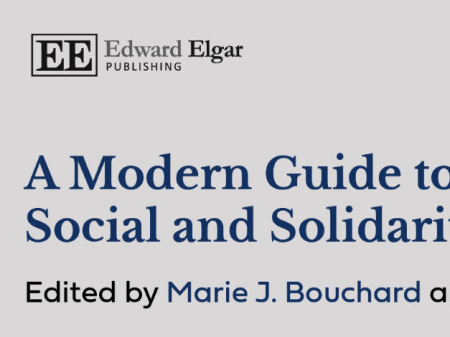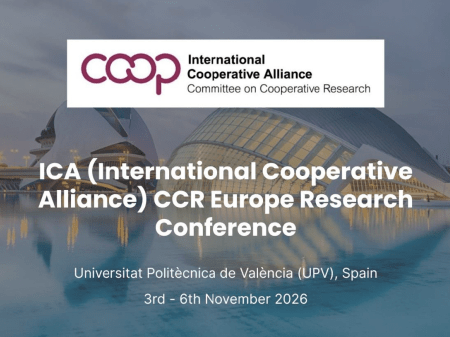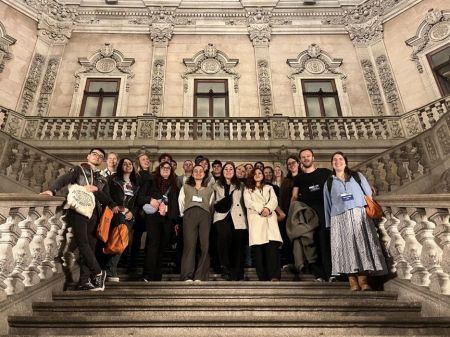We are pleased to share news of a new book relevant to…
Ahead of World Food Day, FAO gives agricultural co-operatives extended support
Rome, October 15th, 2013 – The United Nations Food and Agriculture Organisation (FAO) and the International Co-operatives Alliance begin a new collaboration with the shared conviction that agricultural and food co-operatives must be central to any agricultural and rural development strategy. A Memorandum of Understanding that underlines this idea was signed today at FAO Headquarters by FAO Director-General José Graziano da Silva and Alliance President Pauline Green.
The Memorandum of Understanding names ‘unique’ the contribution of agricultural co-operatives and states they are ‘crucial partners in the fight against hunger and poverty’. The memorandum empowers agricultural co-operatives with yet a stronger negotiating position towards state partners, NGO’s, and agribusiness. Through its emphasis on knowledge sharing, the memorandum improves co-operatives’ ability to secure access to capital and to develop their enterprises in an environmentally, socially and economically sustainable way.
The theme of 2013’s World Food Day is “Sustainable Food Systems for Food Security and Nutrition”. The FAO’s mandate in the eradication of hunger and reduction of rural poverty specifies that such be achieved through sustainable management and utilization of natural resources.
Given this sustainability provision, co-operatives feel especially confident as partners to the FAO in agricultural development, as co-operatives are genuinely sustainability-driven enterprises. Obligations towards sustainability are a constitutive part of the principles of co-operatives worldwide. Sustainable operations are in the founding principles of co-operatives since the movement’s birth in the mid 1800’s.
Co-operatives go beyond “aid as usual” and help farmers boost productivity, diversify into other products, improve environmental practices, have a stronger voice in trading negotiations and improve community-wide access to basic necessities like clean water, sanitation and energy.
Memorandum aligns with UN’s recognition of the small farmer’s role
The FAO acknowledges the essential role of small holder food producers. For small farmers the co-operative statute is the key to more fair trade negotiations. It provides market access for all, even the impoverished.
Dame Pauline Green, President of the International Co-operative Alliance: “Co-operators are honoured to see formalized, through today’s memorandum, the standing recognition of agricultural co-operatives as crucial partners in the sustainable eradication of hunger and poverty. In a most practical way, we expect the memorandum to support and empower co-operatives in the field to stand stronger as trade partners in negotiations with state and private sector partners.”
USD 83 Billion a Year for Agriculture, but more efficient farming goes a long way
The FAO said that net investments of at least USD 83 billion a year must be made in agriculture in developing countries if there is to be enough food for 9 billion people in 2050. Towards 2050, agricultural productivity will have to rise by at least 60%, and may need to more than double.
One of the keys to this challenge is more effective crop yield. The memorandum of understanding signed today is especially meaningful, as knowledge sharing is one of its three pillars, together with awareness raising and the advancement of the co-operative model at the legal level.
Mr Charles Gould, Director-General, International Co-operative Alliance: “I very much welcome the signing of our memorandum as a continued expression of trust in the capacity of agricultural co-operatives to contribute sustainably towards the 2020 Millennium Development Goals. One of the keys to hunger reduction is economic growth. Shared knowledge fosters such growth. Therefore I am pleased that the memorandum foresees a wide exchange of technical know-how, governance tools and methodologies. Through its emphasis on knowledge building and exchange, the memorandum will increase co-operatives’ ability to secure access to capital and to develop their enterprises in an environmentally, socially and economically sustainable way.”




